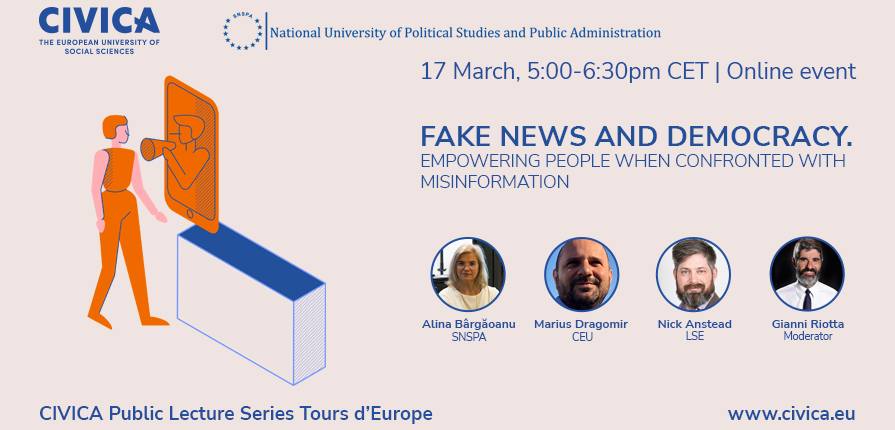
As part of the series of CIVICA lectures “Tours d’Europe”, the National University of Political Studies and Public Administration (SNSPA) will hold a debate on the negative impact of fake news on democracy.
The series of lectures and public debates organized by CIVICA facilitates the dialogue between academic researchers and the civic society, allowing the general public to take full advantage of the advancements in social research for robust democracies.
If you want to attend the event you must register using the link below. The language of the event is English.
The topic of the debate is “Fake news and democracy. Empowering people when confronted with misinformation”. Fake news is an umbrella term to define a broader array of information disorders, ranging from disinformation (information that is false and created with the intention to harm people and societies), to misinformation (information that is misleading or false, but the people who share it do not realize this and do not mean harm), to honest journalistic mistakes.
Through their effects, fake news and information disorders are a threat to democracy and to efficient governance. Fake news can influence opinions, can alter the organic processes of public opinion formation, and ultimately, can shape behaviors, from voting, to taking a stance on different public issues. Ultimately, fake news promotes toxic narratives, spreads doubt and confusion, and increases social polarization, affecting democratic decision-making.
Fake news can be a tool for populism, antisemitism, xenophobia and other extreme political views. Nevertheless, one of the response measures is inoculating the audience against this phenomenon, by encouraging critical thinking, fact-checking, and by developing media literacy interventions.
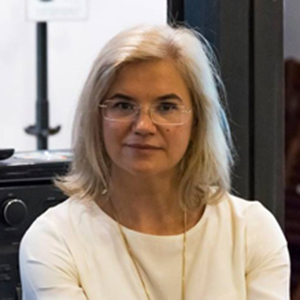
Professor, Dean of the College of Communication and Public Relations, National University of Political Studies and Public Administration, Bucharest; member of the Expert group on tackling disinformation and promoting digital literacy through education and training, EC (since 2021); visiting fellow al Center for European Studies at Harvard University (October 2018 – March 2019); member of the High-Level Expert Group on Fake News and Online Disinformation, EC (2018); interests: disinformation, digital literacy, technology-driven changes of the information eco-system.
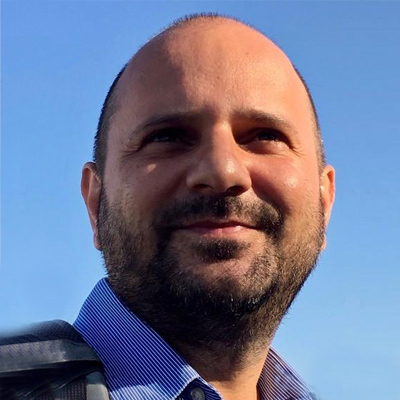
Director of the Center for Media, Data and Society, in Central European University. Since 2007, he has managed the research and policy portfolio of the Program on Independent Journalism (PIJ), in London. Dr. Dragomir has spent the past decade in the media research field, specializing in media and communication regulation, digital media, governing structures of public service media and broadcasting, spectrum management, and ownership regulation. He has authored expert studies and articles on journalism and media policies that have been published and translated in more than 60 countries.
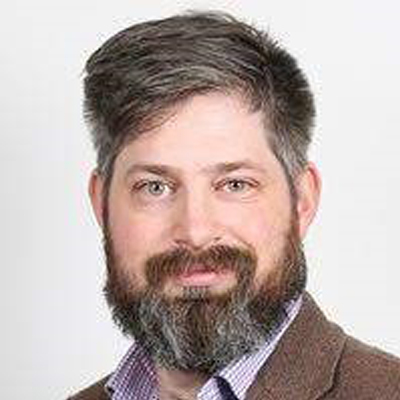
Associate Professor in the Department of Media and Communications at London School of Economics and Political Science, having joined the Department in September 2010. Prior to this, he was a Lecturer in Politics at the University of East Anglia in Norwich. Previously, he studied at Mansfield College, the University of Oxford (BA in Modern History) and Royal Holloway, University of London (MSc and PhD in Politics). Dr. Anstead’s expertise is in comparative politics, data-driven campaigning, elections, North American politics, political participation, political ideas, political institutions, political parties, public opinion, UK politics, and Western European politics.
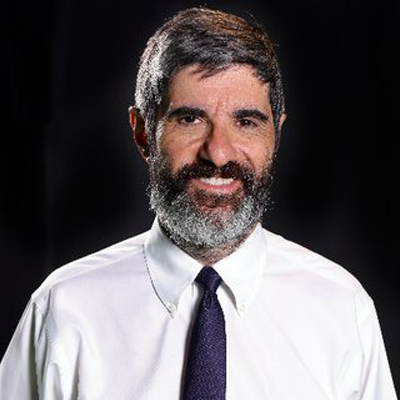
Gianni Riotta is Pirelli Visiting Professor at Princeton University and Dean of the Master of Communication Luiss University, Rome, where he founded Datalab, member of the European Union Soma Project against disinformation. He is Executive Vice President of the Council for the United States and Italy. Columnist for La Stampa, Foreign Policy, The Atlantic, he was Editor-in-Chief at Tg1 Rai and Sole 24 Ore, Deputy Editor at La Stampa and Corriere della Sera. Previously a correspondent and columnist for Corriere della Sera based in New York. In 2015 Riotta founded the digital start up Catchy. Gianni Riotta is a member of the Council on Foreign Relations. He contributes to the BBC World Service. His columns have been published by The New York Times, The Washington Post, Le Monde, The Wall Street Journal, Financial Times, The Guardian, El Pais, Suddeutsche Zeitung, Foreign Affairs. His books have been translated into many languages. Foreign Policy and Prospect included Riotta in their ranking “World 100 global thinkers”.
In the CIVICA Public Lecture Series Tours d’Europe, researchers from CIVICA universities present their recent findings and interrogations on timely topics to the general public. The series aims to strengthen citizens’ knowledge base and to facilitate a direct dialogue between social science researchers and the wider society.
Notice: Video & audio will be recorded during the entire event and made available, partly or in full, on the channels of CIVICA, its member institutions, and partners. By joining the event, you automatically consent to the recording. If you do not consent to being recorded, please discuss your concerns with the event’s host.
We will use Webex to host this online event. By participating and logging-in via Webex, participants acknowledge the processing of their data in the USA and consent to participating in the online event of the SNSPA in the framework of CIVICA on the topic “Fake News and Democracy. Empowering People When Confronted with Misinformation” on 17 March 2022, via Webex. In the USA, there is no level of data protection comparable to the requirements of the GDPR. It is possible that government agencies in the USA access personal data without us or you knowing about it. It is probably not possible to enforce your rights in the USA. By logging-in via Webex, participants agree to their data being processed and consent to the fact that content from this online event may be subsequently published in print or online in video formats and audiovisual formats, in particular on the website of CIVICA, the websites of its member universities, and on other websites like Youtube, and that their first and last name will be published in the process.
This event is part of the CIVICA Public Lecture Series Tours d’Europe. CIVICA brings together eight leading European higher education institutions in the social sciences to mobilise and share knowledge as a public good and to facilitate civic responsibility in Europe and beyond. CIVICA was selected by the European Commission as one of the pilot European Universities under Erasmus+.